Associate Professor, Dr. Pham Quang Thai, Central Institute of Hygiene and Epidemiology, said that the 5-in-1 vaccine is a combination vaccine that prevents 5 diseases: diphtheria, whooping cough, tetanus, hepatitis B, pneumonia/meningitis caused by Hib bacteria. Vaccination with the 5-in-1 combination vaccine will reduce the number of injections for children, save time for mothers and families, and at the same time, children have the opportunity to prevent 5 dangerous infectious diseases.
However, like other drugs or vaccines, reactions can occur when injected. According to the World Health Organization, severe reactions are very rare. After vaccination, children may have some common reactions such as mild fever, pain or mild swelling at the injection site, fussiness, etc. These reactions will go away on their own within 1 day.
In which cases can children not be vaccinated with the 5-in-1 vaccine ?
The Department of Preventive Medicine - Ministry of Health recommends not to vaccinate children with the 5-in-1 vaccine if they have a history of strong reactions to a previous dose or strong reactions to diphtheria, pertussis, tetanus (DPT) vaccine or hepatitis B vaccine, Hib vaccine such as:
- Cyanosis, difficulty breathing within 2 days after injection.
- Seizures with or without fever within 3 days of vaccination.
- Crying for more than 3 hours… within 1 day after vaccination.
- Muscle tone decreased within 2 days after injection.
- In case of neurological problems or encephalitis after previous injection.
- Postpone vaccination if your child is sick, has a fever or has an acute illness.
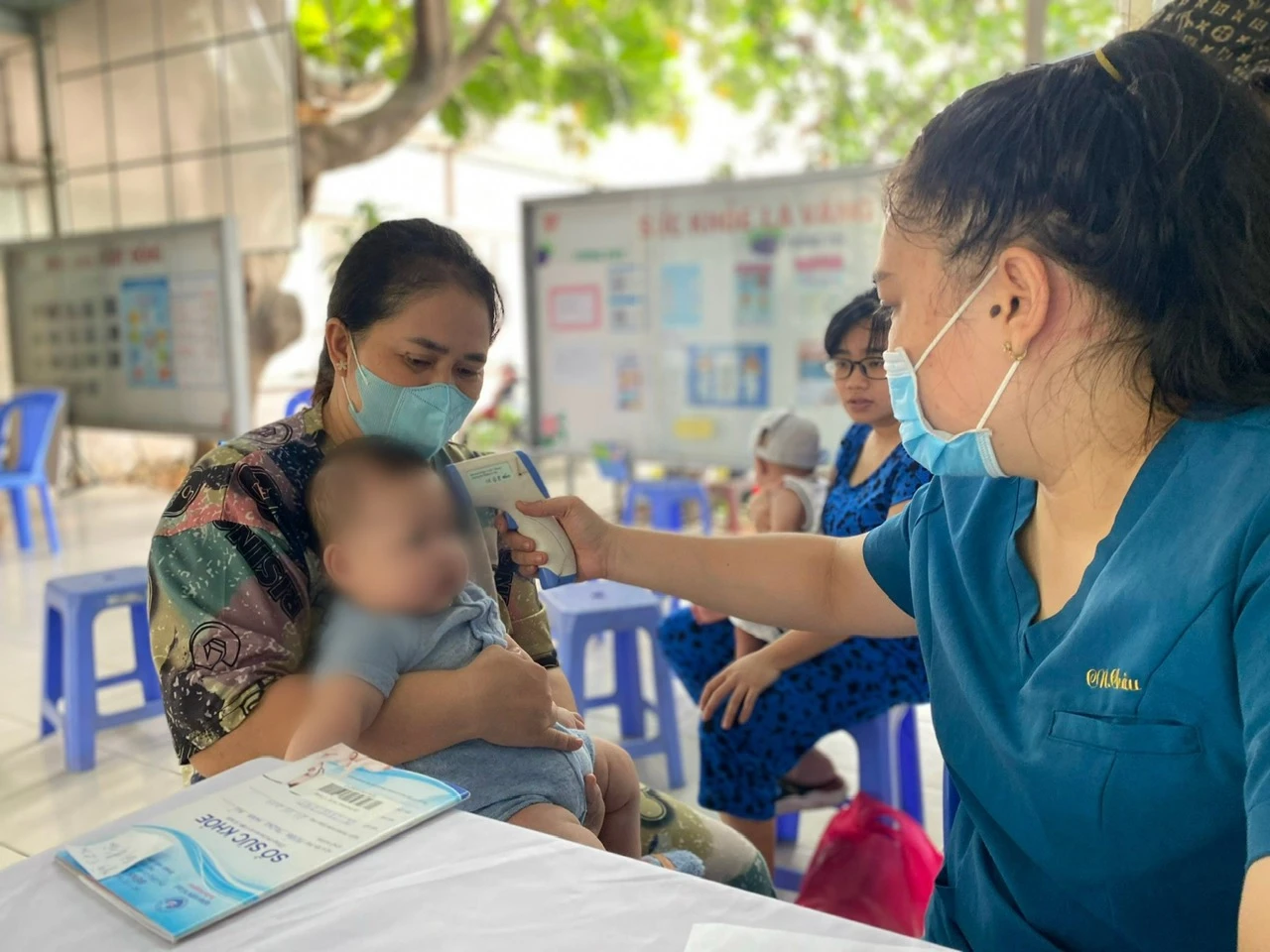
Parents in Ho Chi Minh City take their children to get vaccinated with the 5-in-1 vaccine in the expanded immunization program.
What should parents do after their child gets vaccinated?
Associate Professor - Doctor Duong Thi Hong, Deputy Director of the Central Institute of Hygiene and Epidemiology (Ministry of Health) recommends that parents should stay at the vaccination site for 30 minutes after vaccination to be monitored by medical staff and promptly handled if any unusual reactions occur.
Monitor your child regularly at home for 1 day after vaccination for signs of: Mental state, eating, sleeping, breathing, temperature, rash, and injection site reactions.
After vaccination, children may have symptoms such as mild fever and pain at the injection site. Mothers need to pay more attention to their children, breastfeed more, breastfeed when the child is awake, monitor temperature, and not apply anything to the injection site.
When a child has a fever, it is necessary to take the child's temperature and monitor closely, and give the child fever-reducing medicine according to the instructions of medical staff. If the child does not improve, it is necessary to take the child to a medical facility for examination and treatment.
What should I do if my child has a fever or is fussy after the injection?
After vaccination, children may have symptoms such as mild fever and pain at the injection site. Mothers need to pay more attention to their children, breastfeed more, breastfeed when the child is awake, monitor temperature, and not apply anything to the injection site.
When a child has a fever, it is necessary to take the child's temperature and monitor closely, and give the child fever-reducing medicine according to the instructions of medical staff. If the child does not improve, it is necessary to take the child to a medical facility for examination and treatment.
When should I take my child to a medical facility?
According to the instructions of the Department of Preventive Medicine - Ministry of Health, children should be taken to the hospital or medical facilities if they have unusual signs after vaccination such as high fever (over 39°C), convulsions, screaming, prolonged crying, poor feeding, refusal to feed, difficulty breathing, cyanosis, rash... or when the normal reaction lasts more than 1 day.
If parents are not confident about their child's reactions after vaccination, they can go directly to a medical professional for advice on how to monitor and care for the child.
Source link


![[Photo] Prime Minister Pham Minh Chinh chairs the Government's special meeting on law-making in April](https://vstatic.vietnam.vn/vietnam/resource/IMAGE/2025/4/13/8b2071d47adc4c22ac3a9534d12ddc17)


![[Photo] National Assembly Chairman Tran Thanh Man attends the ceremony to celebrate the 1015th anniversary of King Ly Thai To's coronation](https://vstatic.vietnam.vn/vietnam/resource/IMAGE/2025/4/13/6d642c7b8ab34ccc8c769a9ebc02346b)
![[Photo] National Assembly Chairman Tran Thanh Man attends the Policy Forum on Science, Technology, Innovation and Digital Transformation](https://vstatic.vietnam.vn/vietnam/resource/IMAGE/2025/4/13/c0aec4d2b3ee45adb4c2a769796be1fd)

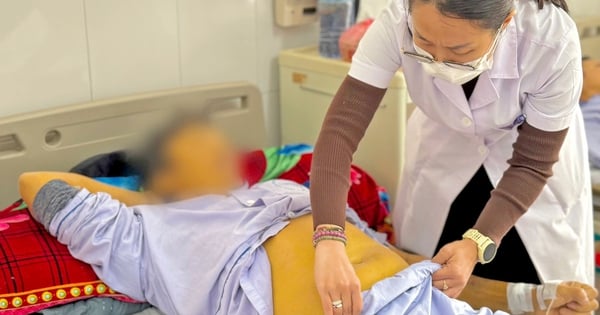

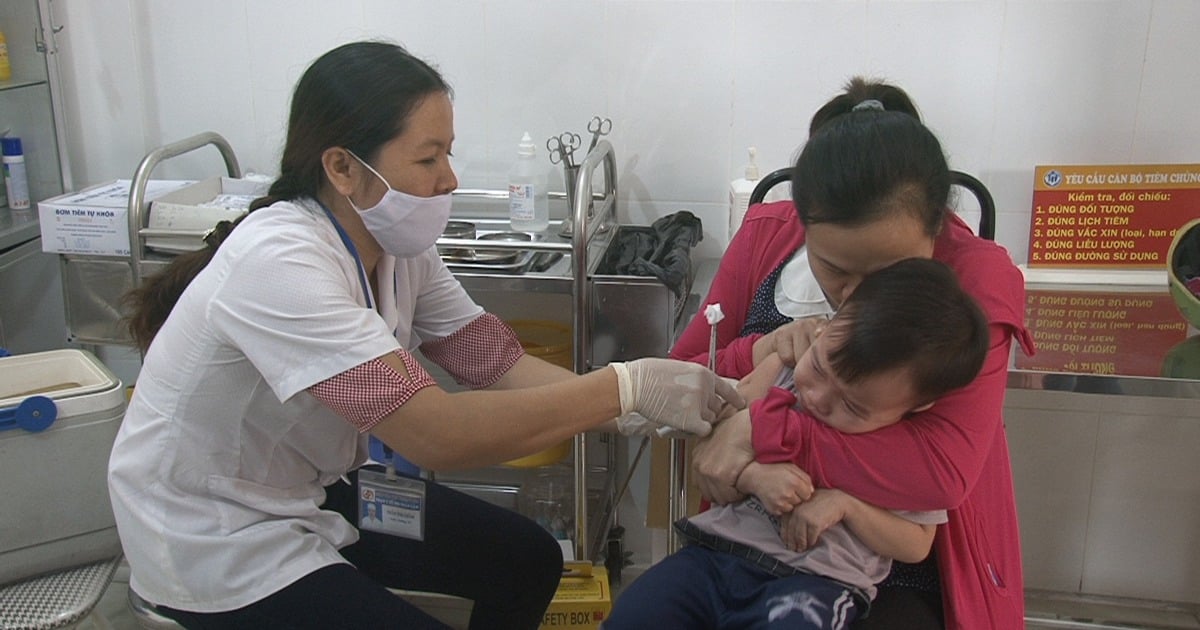


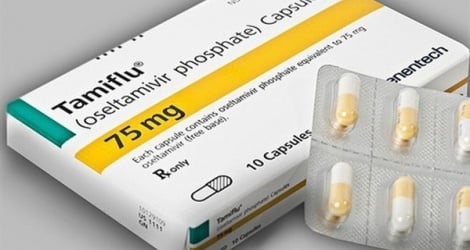

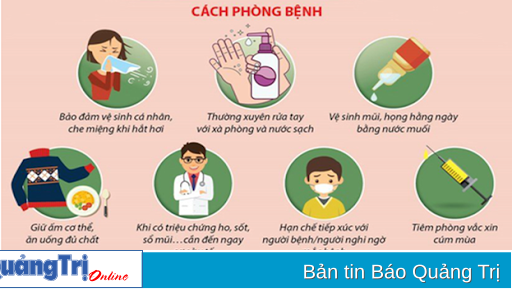



![[Video] Hanoi: Measles cases forecast to continue to increase](https://vstatic.vietnam.vn/vietnam/resource/IMAGE/2025/4/14/d8da316d2602439c8cba474e3bebed26)
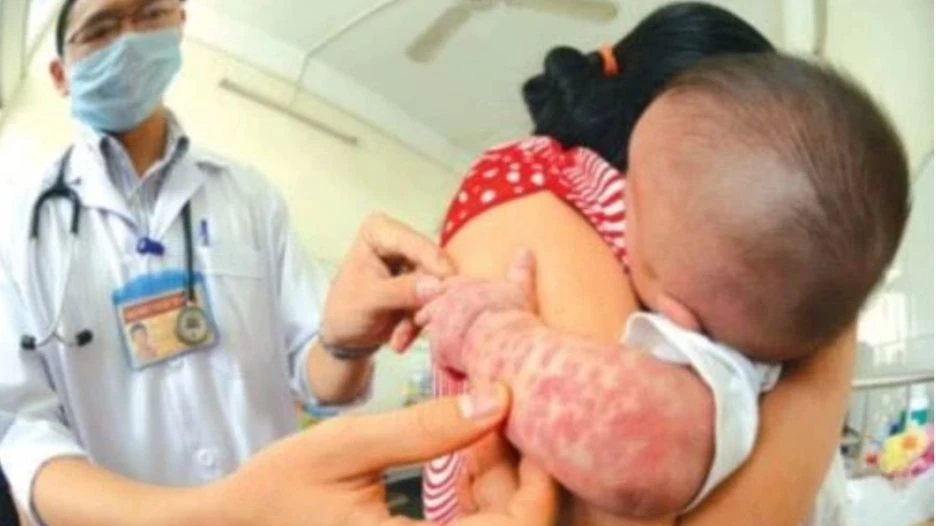
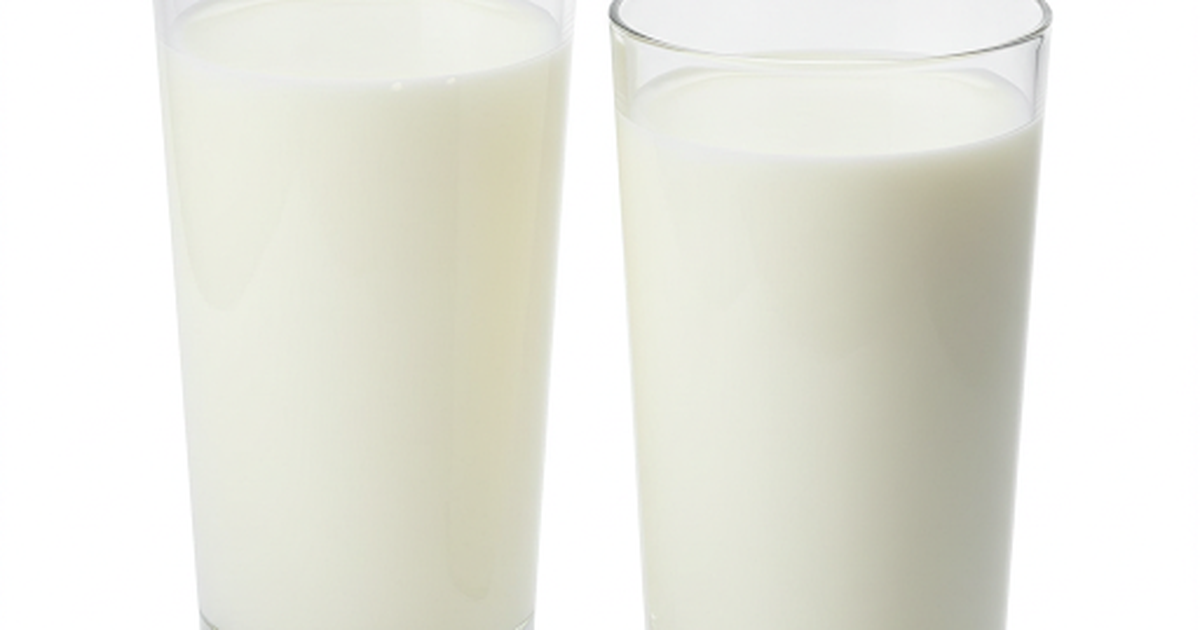
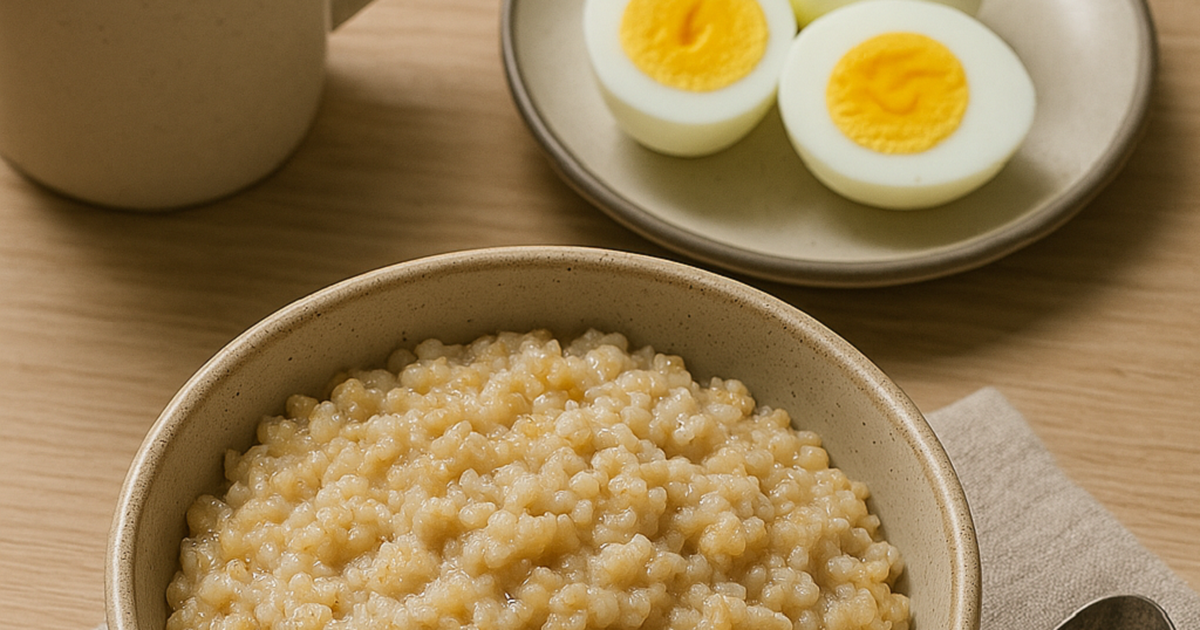
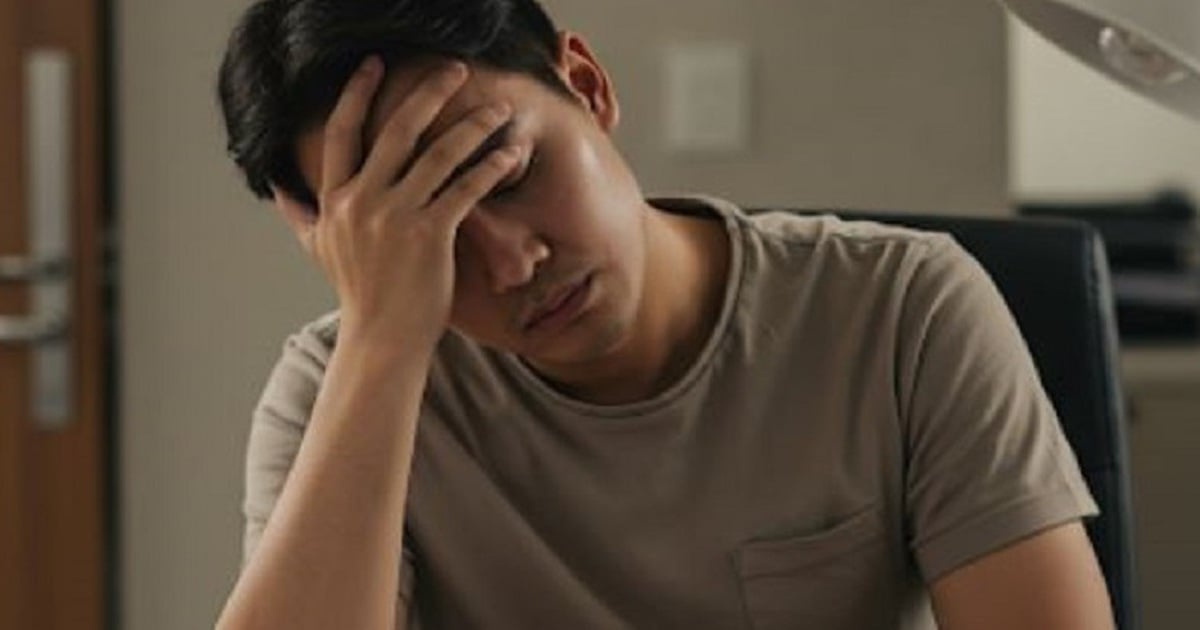
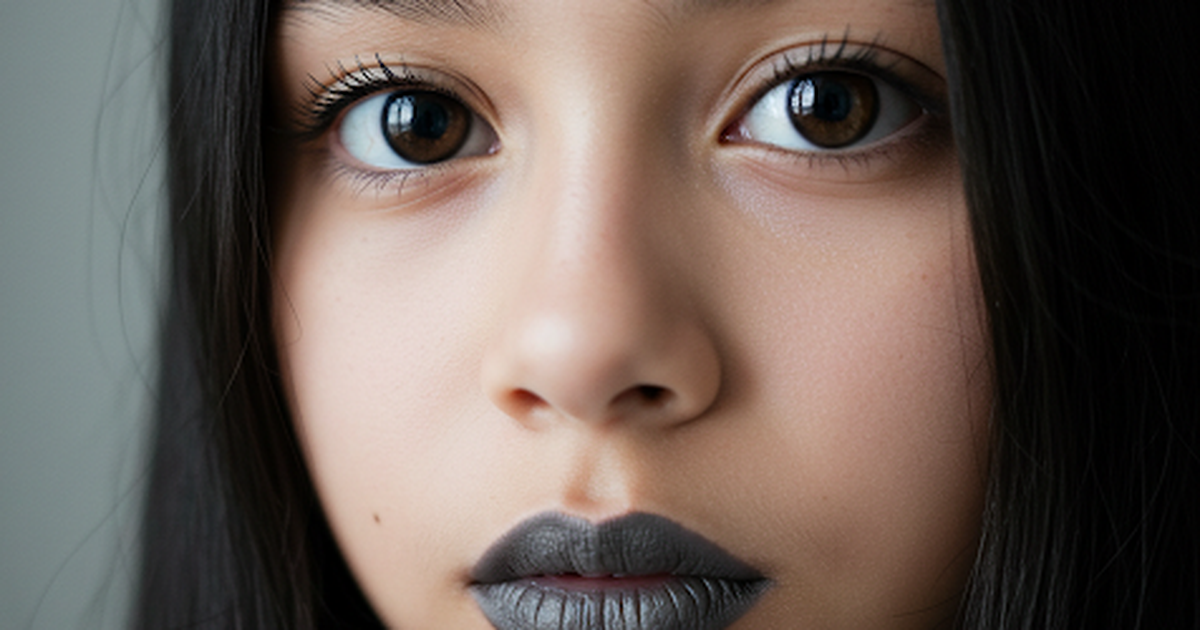




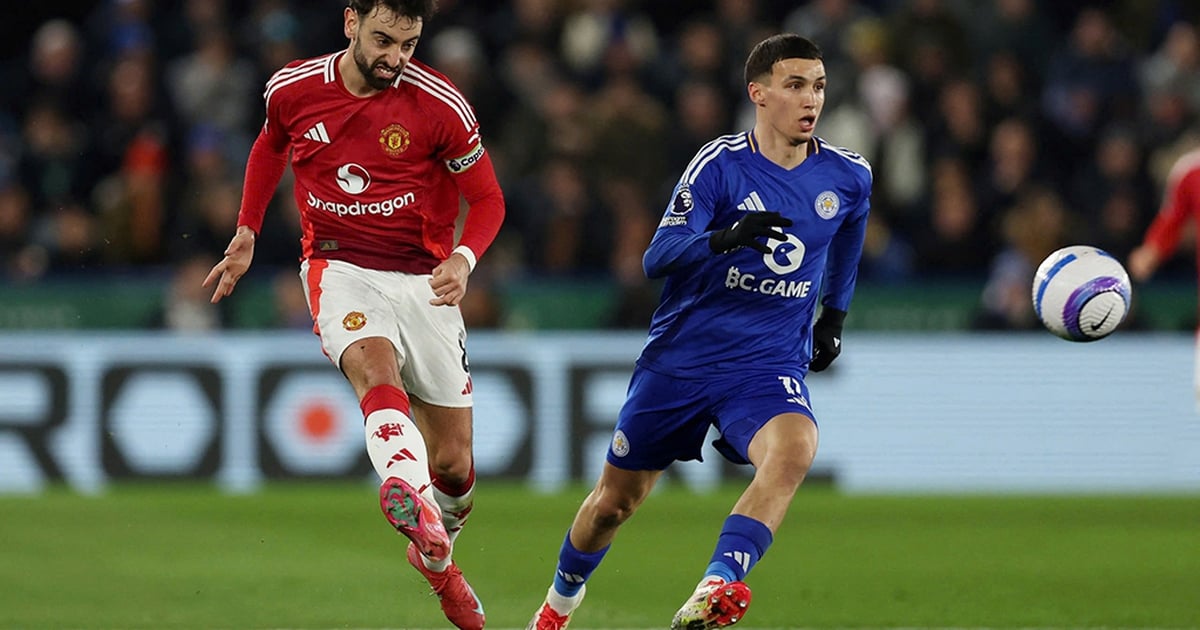
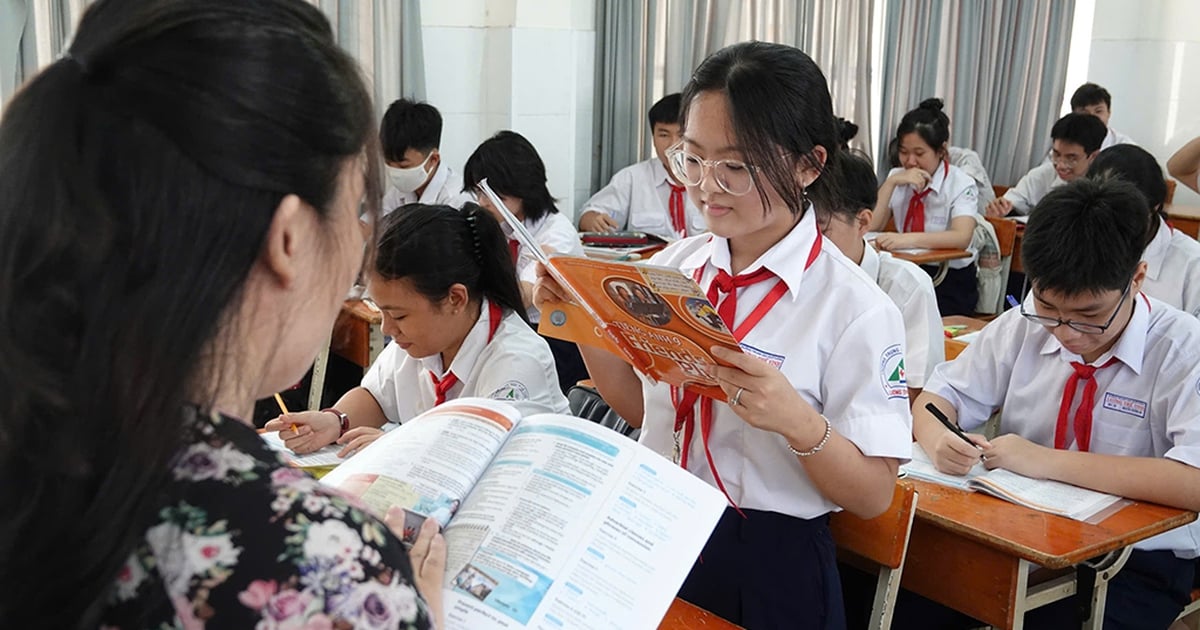
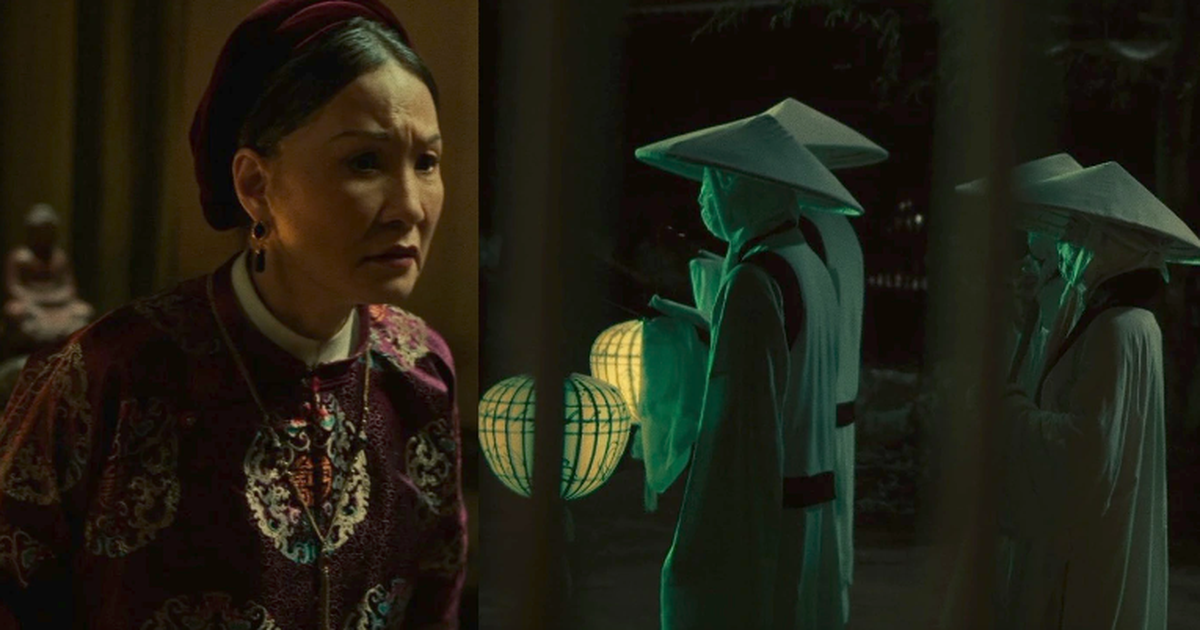
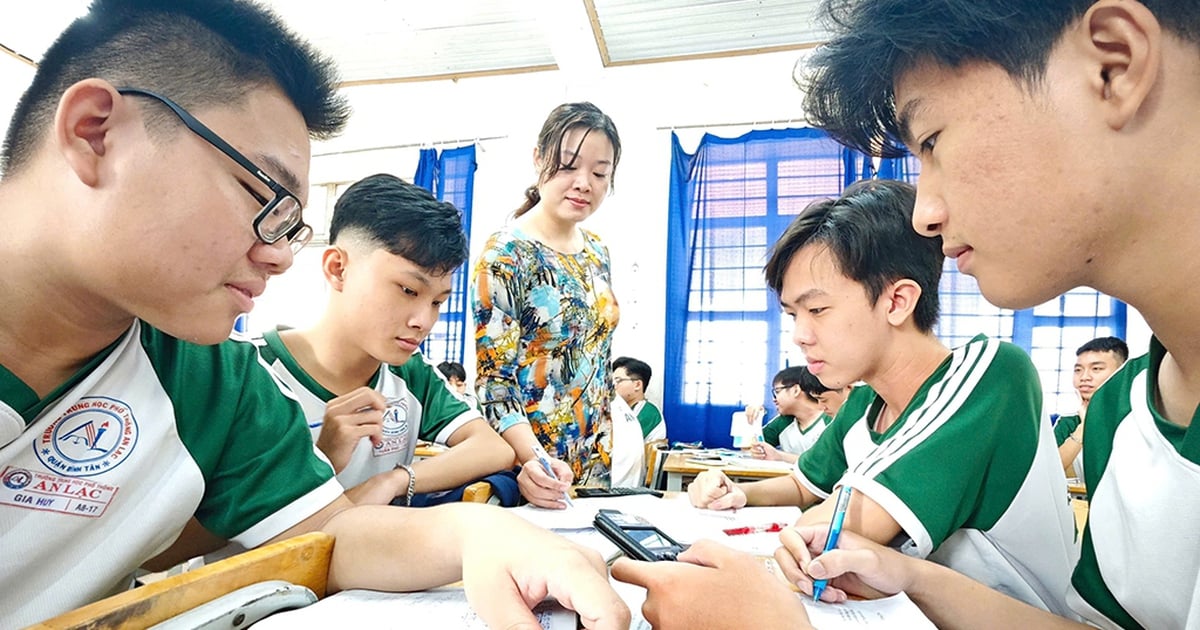















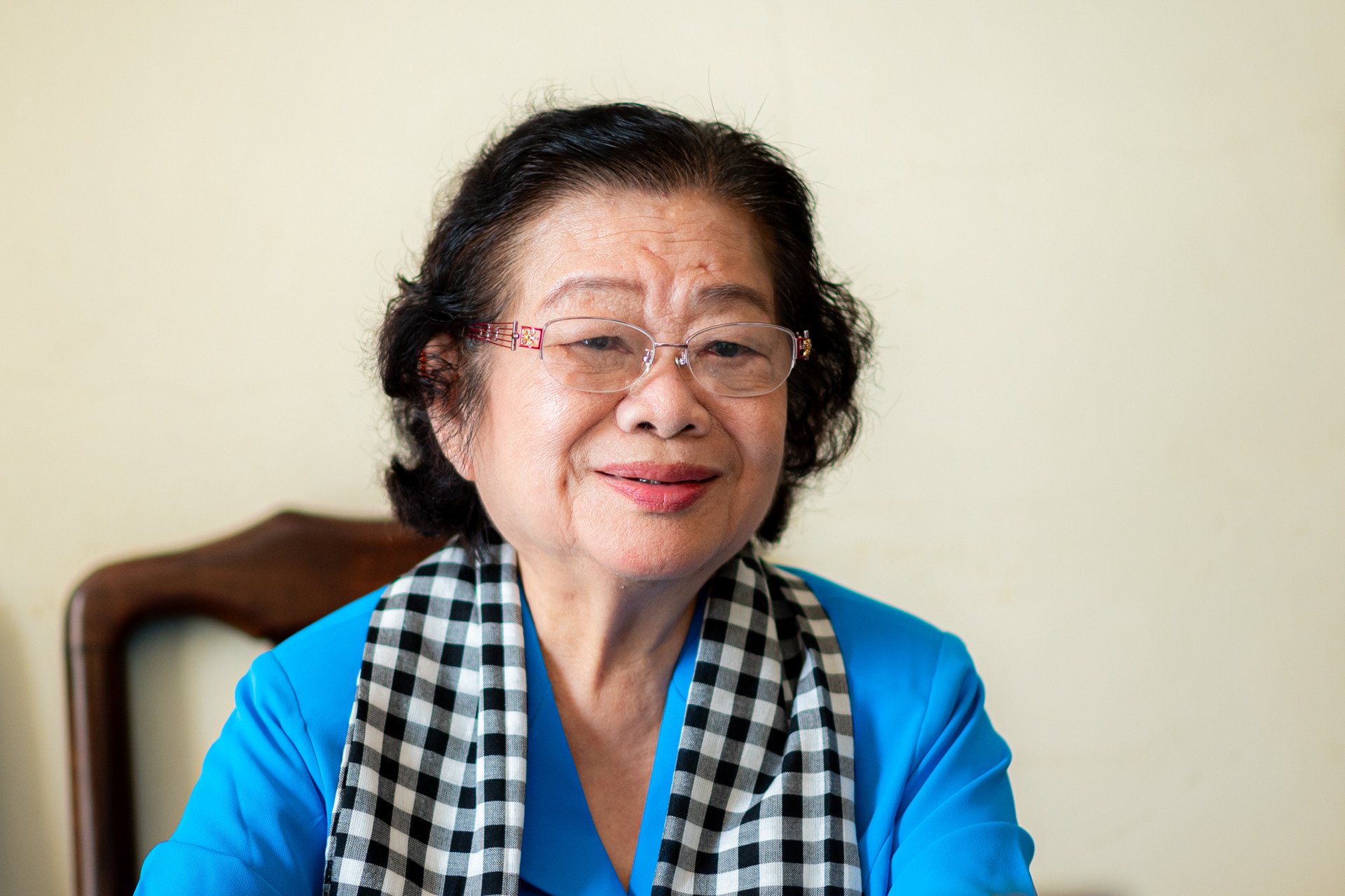

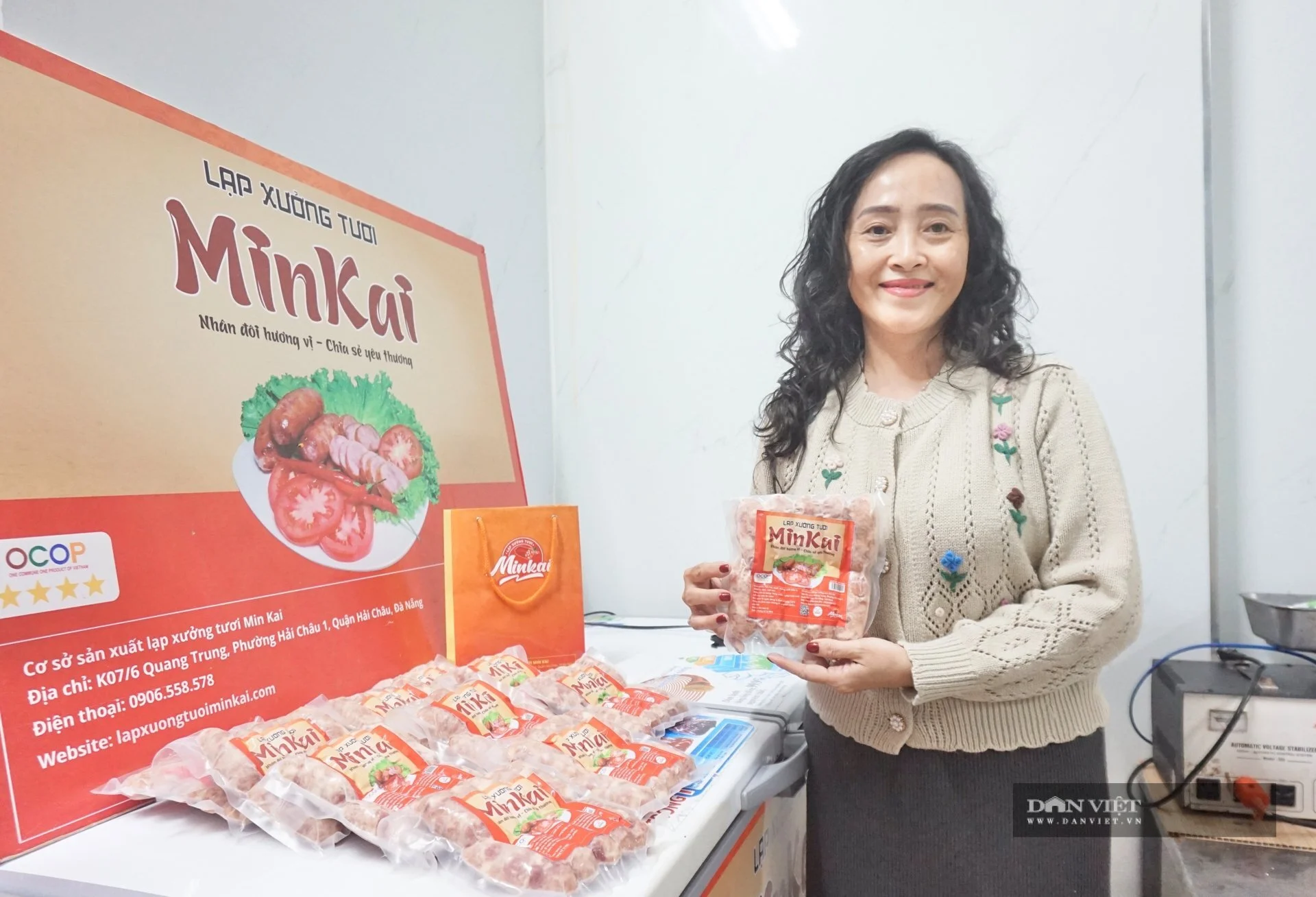



















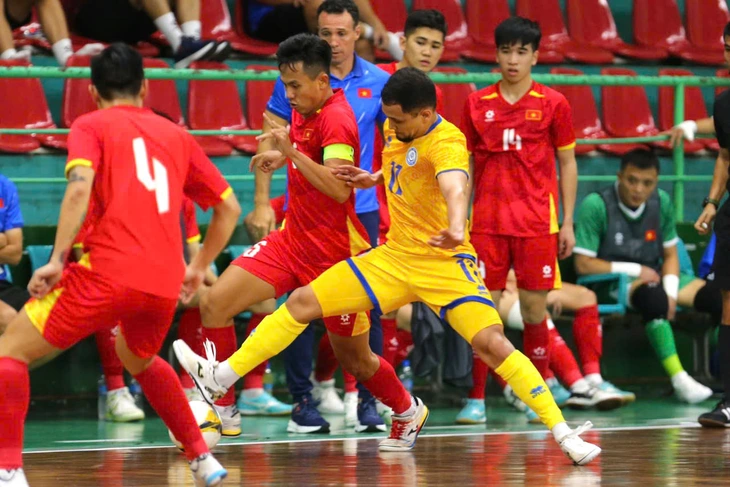














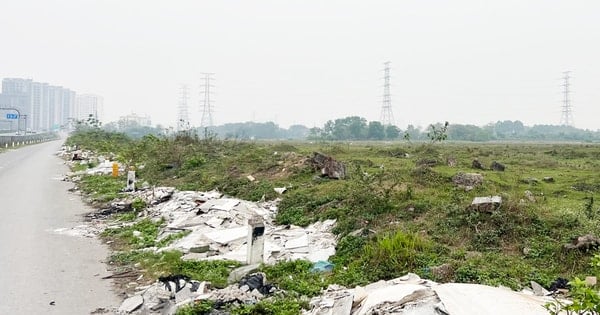

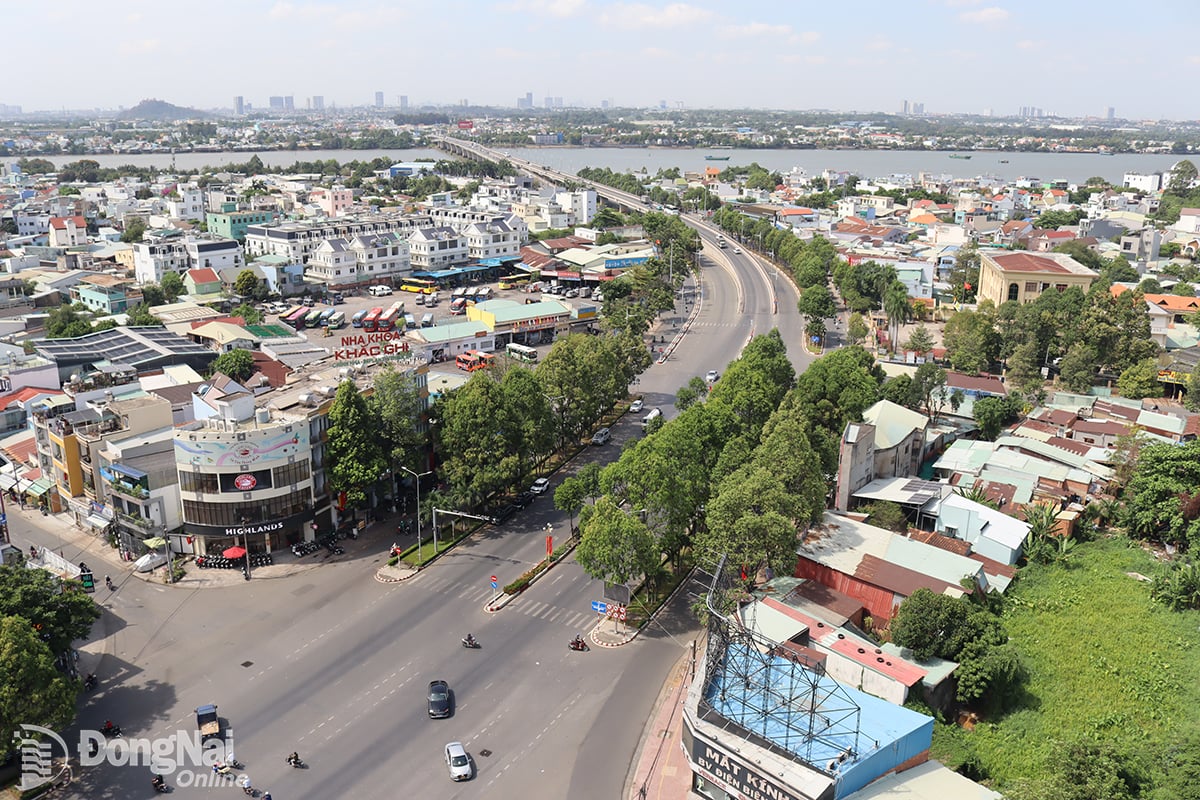











Comment (0)